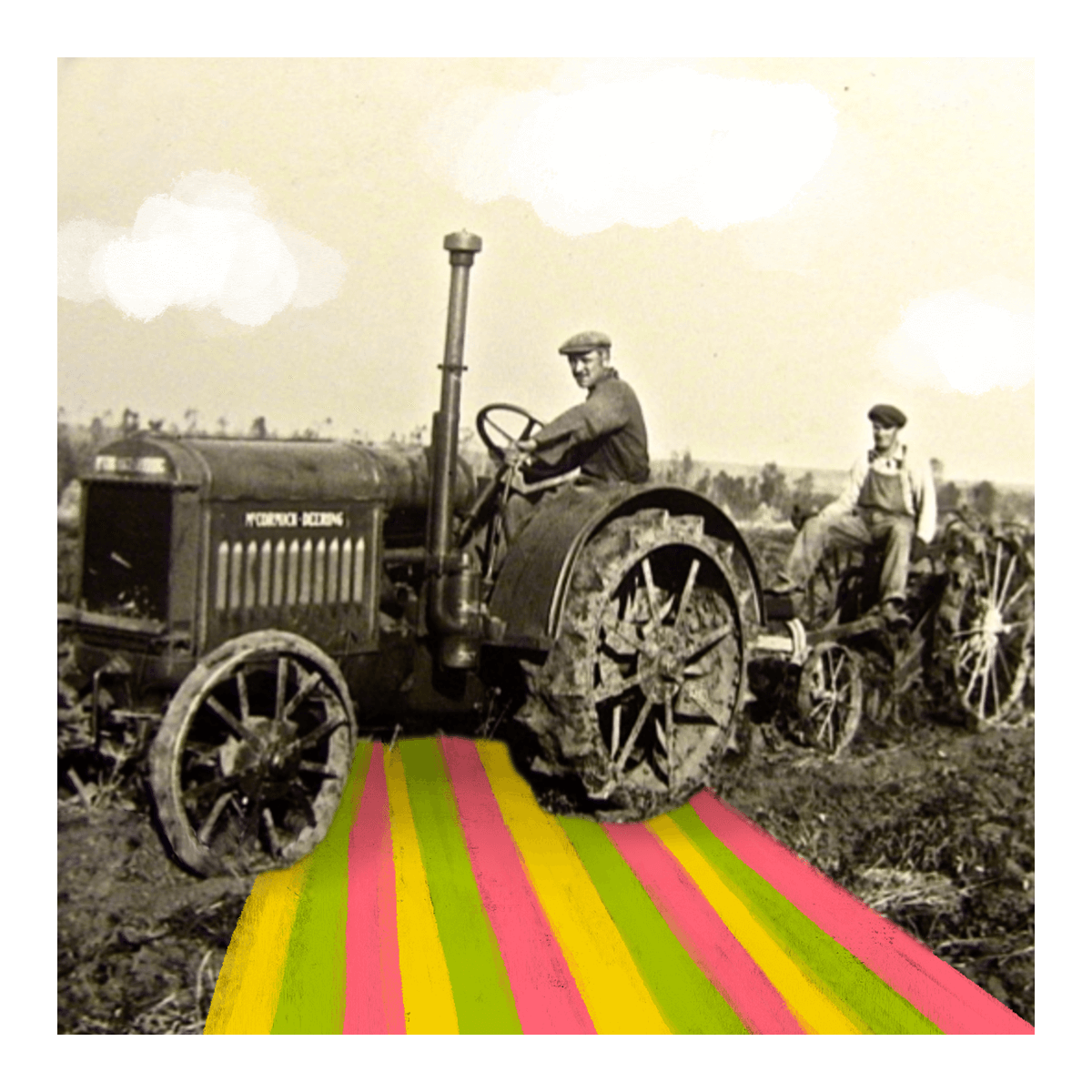Since 1890, in fact: That’s when Sever Peterson first settled on our farm in the Minnesota River Valley. The homestead he built is where Sever Peterson III was born and where he and his wife still live—and where the fourth generation comes to work daily. In addition to being a traditional grain operation that also keeps bees and grows pumpkins, sweet corn, apples, squash, gourds and, of course, hemp, our farm is home to Minnesota’s first (and still largest) corn maze, which we operate as part of our annual Fall Festival. You might say we stay busy.

Our soil is the star of the show.
Located in the heart of the Minnesota River Valley, our land is as fertile as it gets. Thanks to a flowing aquifer on our property, we’re able to nourish our crops with natural spring water that goes straight back into the soil. Plus, with a variety of different conditions all on the same farm, we’re able to choose the location that’ll help our plants grow up to be the best they can be. When it comes to raising hemp, we can’t help but be helicopter parents.
We keep it clean and green.
Many brands will say they’re certified organic—but to us, that’s just checking a box. At Verist, we’re dedicated to truly organic practices. Our sun-grown hemp is fed only organic meal and compost teas. Beneficial insects, not chemicals, are used to protect the plants, and complementary fungus aids in root growth. We cultivate our crops in a bio-diverse environment and let nature do its thing. The result is product quality head-and-shoulders above the rest.
We put purpose over profit.
In our farming, we only have one rule: do it the right way, every time. Maintaining ethical, sustainable practices has always been more important to us than making money, and we keep a close eye on every aspect of our business to ensure we stay true to this ideal. For example, while many other farms cover their fields in plastic mulch because it’s cheap and convenient, we continue to use 100-year-old tilling equipment because it’s better for the environment. You might call it old-fashioned—until you taste the crops.
